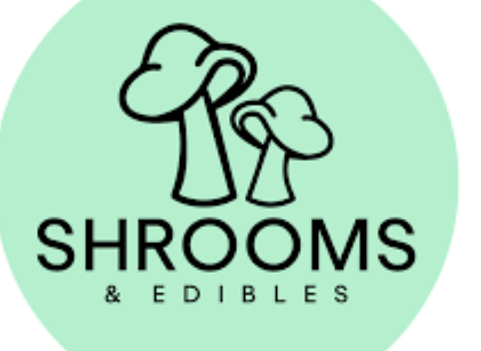Magic Mushrooms In Michigan

Magic Mushrooms
In 2018, Michigan lawmakers passed a bill to make recreational marajuana legal to sell, purchase and use for people 21 years of age and older. Now in fall 2022, a new bill is soon to appear on the ballots, and this time, psilocybin mushrooms are in question. This new bill would legalize the use of psychedelic mushrooms in Michigan. While to some this may sound unbelievable, there is substantial unknown information surrounding the effects and benefits of magic mushrooms.
In an article for MLive, reporter Samuel J. Robinson said, “The proposal would decriminalize personal use, possession and growth of psychoactive substances for adults 18 [and over] and reduce penalties for all controlled substance use and possession in Michigan.” As this ballot is garnering a lot of attention in Lansing, mushrooms have already been decriminalized in Ann Arbor for almost 2 years.
The psychedelic goes by many names: psilocybin, shrooms, magic mushrooms or simply mushrooms. They give users a sense of euphoria, hallucinations, an altered state of mind and more. They are often eaten raw, added to food or brewed in a tea. Dosages depend on the individual, but some users microdose, which involves ingesting a small amount of the mushrooms for a mild high.
Legalization and decriminalization are two different things. Legalizing a substance allows businesses to produce and sell the product while decriminalizing a substance prevents law enforcement from arresting those who are in possession of it. Detroit, like Ann Arbor, has also decriminalized shrooms. But in both cities, since it is not legalized, there are no storefronts that sell the psilocybin. However, there is a “community” called Arbor Shrooms that delivers shrooms to buyers living within city limits.
Prospective users may be excited, but obtaining mushrooms is not easy. This new bill will not allow for psilocybin mushrooms to mimic the current process of obtaining marajuana; someone has to “know a guy” or grow it themselves. However, decriminalization is the first major step in legalizing a substance.
Those against psychedelic mushrooms will cite their less desirable effects. Medical News Today lists “paranoia, confusion, frightening hallucinations, nausea, [and] depersonalization” as negative side effects. Many of these issues can arise from overdosing on mushrooms. Without a doctor’s prescription, users have to find the right dose based on trial and error, which can be risky. Those who are uninformed may have a traumatic experience using mushrooms.
Proponents will cite the medical benefits of psilocybin mushrooms. According to WebMD, “There’s increased interest in using pure psilocybin for addictions, depression, and other mental and psychological disorders due to its potential to stimulate certain areas of the brain. People use psilocybin for alcohol use disorder and other addictions, anxiety, depression, migraines, PTSD, and many other conditions.”
Research is still being done to scientifically prove why this psychedelic can help with these issues, but responses from users are positive. Decriminalizing mushrooms may allow for institutions to do more research on the potential benefits of the substance.
The decriminalization may be passed this fall, creating a large amount of interest in magic mushrooms. While their history has been solely linked to psychedelia, new uses for mushrooms in medicine are being researched. Mushrooms may not be fully legal yet, but decriminalizing them will help with this medical research.

